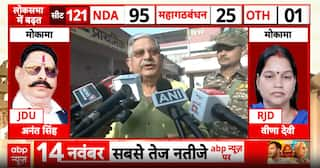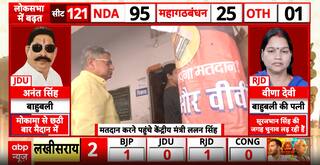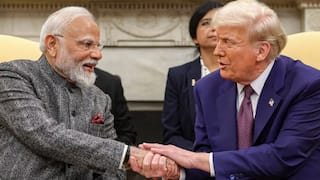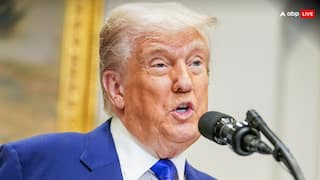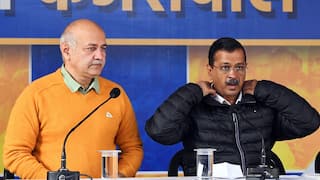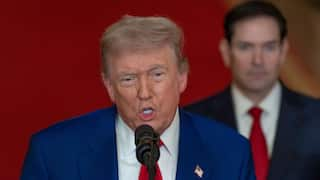Japanese PM Fumio Kishida Plans 3-Day Visit To India From March 19: Report
Japan Prime Minister Fumio Kishida has been keen to boost ties with Global South countries to pave way for the success of the G-7 in-person summit, scheduled for May.

New Delhi: Japanese Prime Minister Fumio Kishida is planning to visit India later this month for talks with his counterpart Narendra Modi, as Tokyo holds the presidency of the Group of Seven nations this year, news agency ANI reported.
PM Kishida, who is likely to visit India for three days from March 19, has been eager to confirm with Modi that Japan and India, as this year's G-7 and G-20 presidents, will work together more closely to tackle issues rising from Russia's war in Ukraine.
Notably, Japan has been boosting economic sanctions on Russia in tandem with the G-7 members. However, India shied away from implementing punitive measures owning to its dependence on Moscow for military and energy supplies.
India has also emerged as a key nation of the "Global South," a term collectively referring to developing countries in Asia, Africa and Latin America.
It is to be noted that the Japanese Prime Minister has been keen to boost ties with such countries to pave way for the success of the G-7 in-person summit, scheduled for May, in Japan's western city of Hiroshima, which was devastated by a US. atomic bomb in World War II.
During the meeting, PM Kishida is expected to invite Modi to participate in the G-7 summit, as per the report.
Along with G-7 -- Britain, Canada, France, Germany, Italy, Japan and the United States, plus the European Union -- the G-20 includes Argentina, Australia, Brazil, China, India, Indonesia, Mexico, Russia, Saudi Arabia, South Africa, South Korea and Turkey.
Notably, PM Kishida's trip to India, currently chair of the Group-20 economies for 2023, would come weeks after his government did not send Foreign Minister Yoshimasa Hayashi to a meeting of G-20 top diplomats, held for two days in New Delhi. Hayashi's absence triggered a backlash from Indian media that claimed Japan's decision not to send the country's foreign minister to the G-20 gathering could cast a shadow over relations between the two countries.













